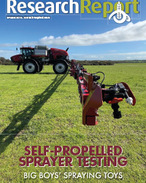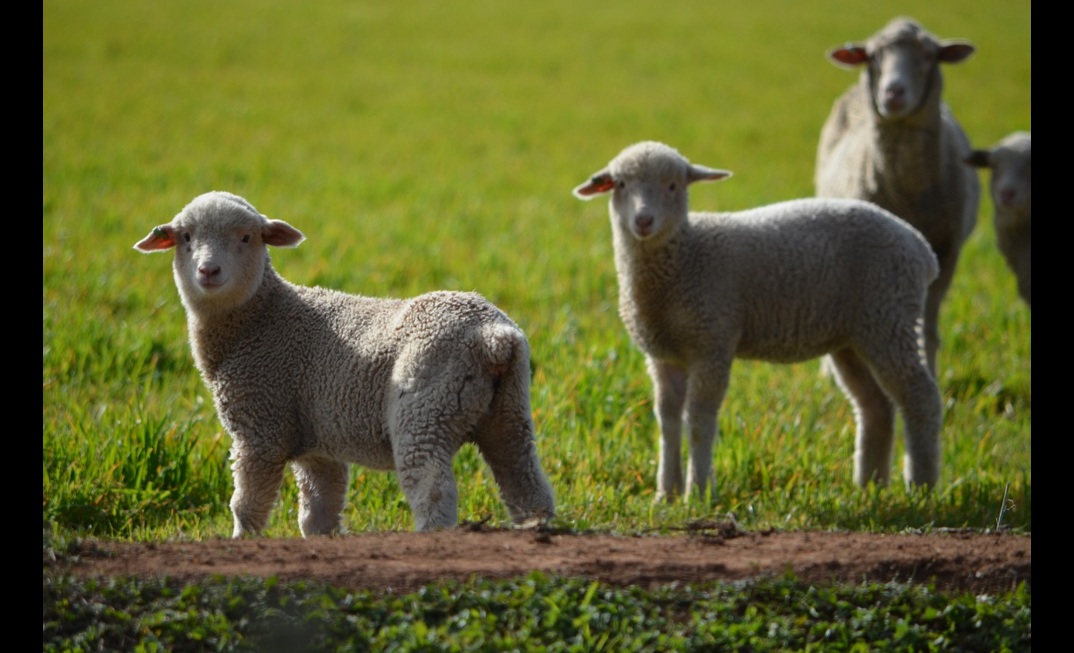WoolProducers chief executive officer, Jo Hall, said the peak body's support for the initiative was based on three contingencies to ensure the system and shared responsibilities were fair and equitable for woolgrowers, but two of the caveats were not currently being met.
The caveats include the establishment of a nationally harmonised traceability system that operates according to nationally consistent business rules, investment into a database capable of handling all farmed Foot and Mouth Disease (FMD) susceptible livestock species, and the creation of an equitable funding arrangement for both the establishment and ongoing maintenance of an enhanced system.
Hall said while they assume at this stage the Federal Government's $26.6 million commitment to upgrading the livestock traceability database will be meet the required capabilities, WoolProducers could see no net gain in national biosecurity outcomes and believe the financial assistance offered to producers is insufficient.
The lack of commitment shown from some of the stakeholders in achieving a national system through harmonisation was one of WoolProducers' key concerns.
"Australia trades as a nation, and as such we must have a nationally consistent traceability system that delivers harmonised biosecurity outcomes across all states and territories," Hall said.
"We hoped goodwill would be shown in developing a national system, but this opportunity has been squandered, so the biosecurity risks remain.
"At an independently estimated cost of $830 million over ten years, we should expect a gold standard biosecurity system.
"There is no point placing an increased financial burden on woolgrowers if there is not enhanced biosecurity outcomes by continuing to have a piecemeal approach to sheep traceability."
While WoolProducers welcome the funding committed to date from state and federal governments, Hall said is still a long way short of the required financial assistance. And they were concerned producers would be lumped with an inequitable share of the costs, even though they aren't the only beneficiaries of the system.
"Processors and saleyards will incur costs, but they have the ability to pass those costs back to producers," she said.
Aside from concerns surrounding funding and biosecurity outcomes, WoolProducers said there were impracticalities with the rollout, such as the potential requirement of double tagging older stock.
Implementation dates vary from state to state, and different rules apply when it comes to the movement of older animals, which means some sheep with visual tags may also require eID tags.
"There may be situations where older sheep will need to be re-tagged with eIDs if they are moved off the property, even if they are being taken straight to the abattoir," Hall said.
"Given we have a traceability system already in place for visual tags, re-tagging is an unnecessary expense and a phase in approach, like they did in Victoria, would be a far more practical solution."
While WoolProducers are disappointed to be in the position of having to withdraw its support of the rollout, Hall said it should come as no surprise given they have articulated their position clearly from the start.
"It's not too late for the caveats to be addressed, and if they are the board will recommit to supporting the roll-out," Hall said.
"In the meantime, we will continue to attend the meetings and advocate for the best outcome for growers."
SHEEP
WoolProducers withdraws eID support
WoolProducers has withdrawn its support for the eID rollout due to ongoing concerns.

Research Report: Mobile Phones (December 2025)
With the closure of Telstra’s 3G network, Kondinin Group engineers Josh Giumelli and Ben White put several popular 4G phones to the test to see how they stacked up. Our standard test protocol applied over the past two decades was maintained as each handset was measured by the maximum distance a two-way call could be made from a phone tower.

Research Report: Side-by-side Vehicles (November 2025)
Kondinin Group’s research team dives into the side-by-side market for this report, looking at popular diesel models, a few petrol versions and a couple of electric vehicles.

Research Report: Farming Inputs (October 2025)
Inputs are unavoidable in any farming system. This Research Report focuses on several key farming inputs with a view to maximising outputs, production and profit.

Research Report: Self-Propelled Sprayer Testing (September 2025)
Kondinin Group’s Mark Saunders, Ben White and Josh Giumelli have rounded up five of the latest self-propelled sprayers to cast a discerning eye over them for this month’s Research Report. The sprayers were run over our regular test track and thoroughly inspected to see what makes these million-dollar machines tick.




















